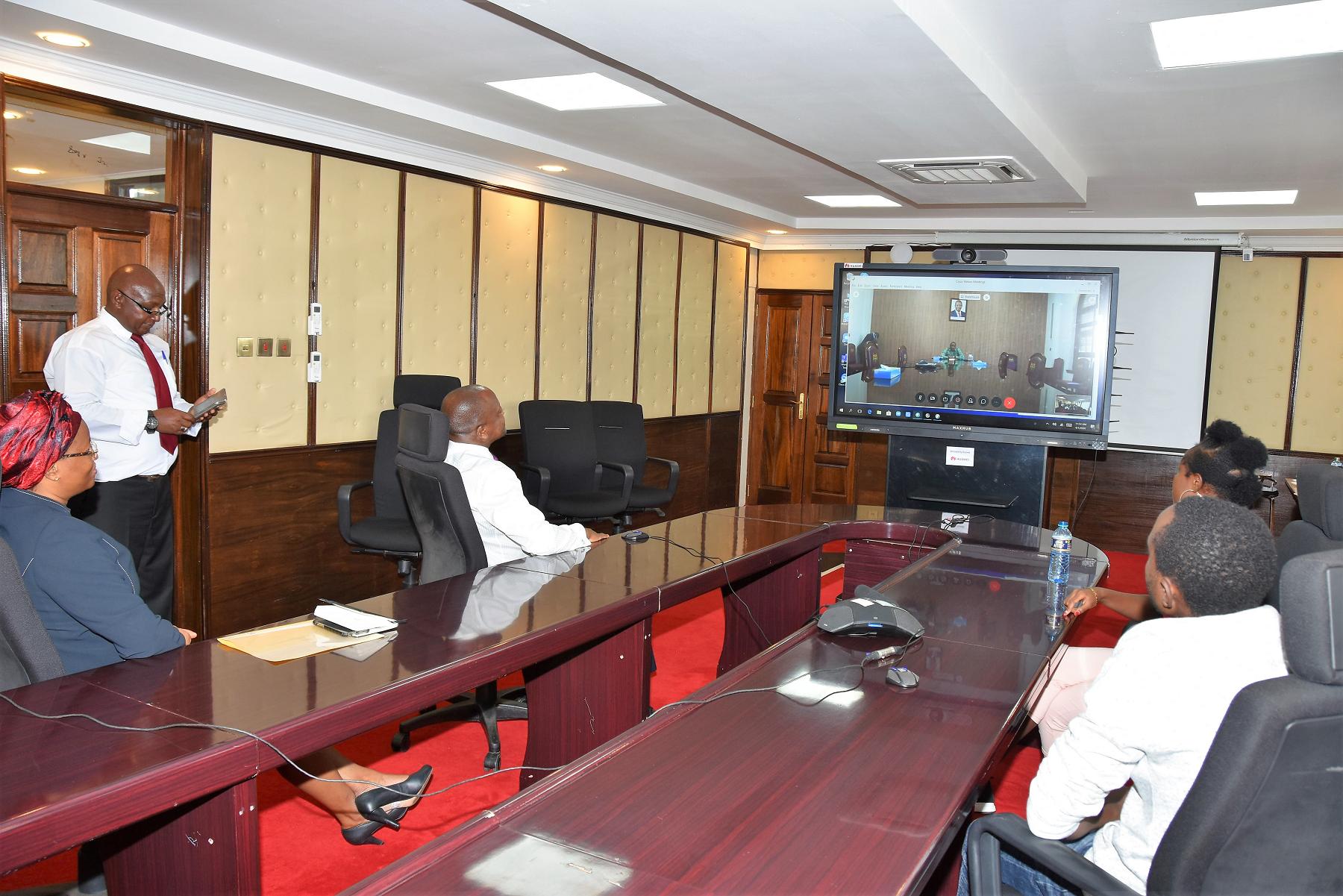Staffing levels are expected to remain relatively stable this year, according to a new survey of Kenyan employers, as only a small proportion of organizations anticipate layoffs in the next quarter.
The Talent Report for the first quarter of 2015 released today by Corporate Staffing Services (CSS) indicates that 40.4% expect increased staff and another 40.4% anticipate that the number of staff will remain the same in the next quarter.
Only 7.7% of the sampled employers are unsure about the changes in the number of staff.
However, 11.4% of respondents foresee staff layoffs. This will occur in organisations that are looking to restructure so as to lower their payroll costs, the majority being in the NGO sector due to reduced funding, said Corporate Staffing Services Chief Executive Officer Perminus Wainaina.
The survey, conducted between January and February this year, shows that the continued decline in the fuel prices will impact positively on the job opportunities within the manufacturing, construction and transport sectors.
“The decline in fuel costs will result in a reduction in consumer product prices, cheaper consumer goods will likely increase demand of products hence increased production to meet this demand,” said Wainaina.
“This will translate to more job opportunities in production and distribution sectors.”
The survey was launched by the executive director of the Institute of Human Resource Management Samson Osero, who said employers should recognise the importance of retention.
“This means paying market rate and where possible having other incentive programs/ benefits such as medical, pension and training, as well as rewarding performance and improving on employee relations by involving staff in decision making,” he said.
Despite high unemployment in Kenya, the survey shows employers find it difficult to fill key positions. Results of the survey indicate that almost three-quarters of the respondents (71.8%), receive too many job applications that require extra time and cost to screen or filter down to find those qualified for the position.
Even with a large number of applicants, it still proves difficult to find top talent with a positive attitude towards work. 45.3% of the respondents mentioned that the candidates who apply for vacancies are of poor quality, as the majority of them do not fit in the positions. 34.3% experience acceptance of job offers then subsequent withdrawal, resulting from a trend in candidates using job offers as a bargaining tool with current employers for counteroffers.
“University students should focus on gaining specialised work experience and job knowledge as possible,” said Wainaina. “Internships and volunteering are good ways that a student can gain this most sought for work experience.”
Further, 10.5% of the respondents mentioned that they face the challenge of too few applications especially for vacancies requiring technical and specialised qualifications.
“In fields like health, engineering, financial services and IT, the biggest issue is trying to find applicants let alone talented applicants,” he added.
The economic growth rate has not been sufficient to create enough employment opportunities to absorb the increasing labour force of about 500,000 annually. Only about 25% of youth are absorbed, leaving 75% to bear the burden of unemployment.
The poll sought to establish the private and public universities preferred by employers when hiring fresh graduates.
Of the 205 employers surveyed, 15% of the respondents said they had no preference for a particular university when recruiting graduates. Others mentioned that their preference is guided by the job in question.
The survey showed 85% of the respondents had a preference, with the University of Nairobi being the most preferred by the majority (84.2%), followed by Jomo Kenyatta University (63.9%), Kenyatta University (57%) and Moi University (45.6%), Egerton University (19.6%), Maseno University (6.3%) and Masinde Muliro University (3.8%). The most preferred private university is Strathmore, followed by Daystar.
Highlights
• The survey respondents were drawn from the public, private and the NGO (Non-Government Organisations) sectors.
• The survey was carried out between January to February 2015 among heads of human resource departments who are members of the Institute of Human Resource Management (IHRM Kenya).
• Overall, 32% of the survey respondents are from the public sector, 52% from the private sector and 16% from NGOs.
• The poll sought to establish the hiring plans in organizations in the second quarter ending June 2015.
Read >> China’s Iron Grip on Sh10bn KU Referral Hospital


![Torabi says that in relationships where the woman is making more than the man, both are more likely to cheat. [Photo/Classic105]](https://businesstoday.co.ke/wp-content/uploads/2015/04/Black-couple_Classic-105-150x150.jpg)









Leave a comment